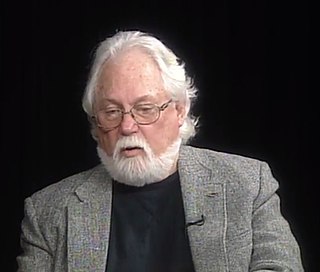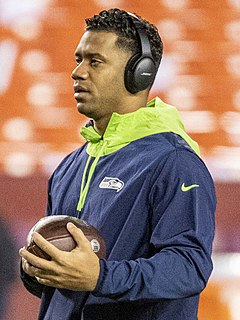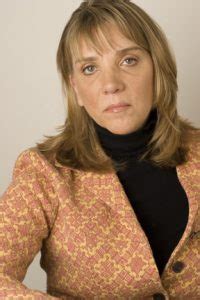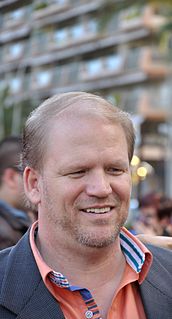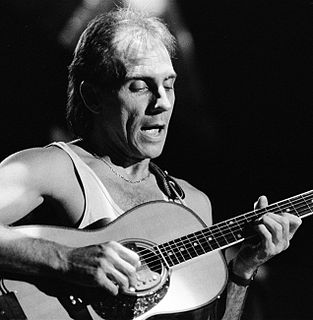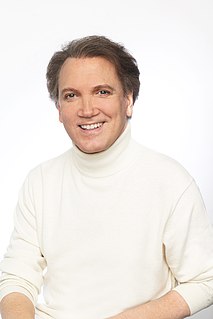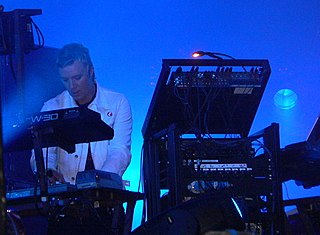A Quote by Gretchen Rubin
I'm a compulsive note-taker, and I used to feel self-conscious about pulling out my little notebook and taking notes during a casual conversation. Then I noticed that people really seemed to enjoy it; the fact that I was taking notes made their remarks seem particularly insightful or valuable. Now I don't hold myself back.
Related Quotes
I’ll write down little lines, I always say, 'K.T.N.,' and I say that to my receivers and running backs and that means 'keep taking notes.' That keeps me alert. That keeps me going. That keeps my drive there, even when you’re taking notes on something that you’ve already taken notes on a million times - keep taking notes.
I used to go to all the environmental conferences when I wasn't an invited speaker. I was just somebody in the back taking a lot of notes. It was when I was least visible that I came up with the most cool stuff. Now, because I don't get to be Clark Kent, I feel like my learning curve is slowing way down. I'm always afraid the conversation will move on and I'll be up at the front of the room saying last year's speech.
You never can tell, though, with suicide notes, can you? In the planetary aggregate of all life, there are many more suicide notes than there are suicides. They're like poems in that respect, suicide notes: nearly everyone tries their hand at them some time, with or without the talent. We all write them in our heads. Usually the note is the thing. You complete it, and then resume your time travel. It is the note and not the life that is cancelled out. Or the other way round. Or death. You never can tell, though, can you, with suicide notes.
You get notes from two studios and a network instead of a studio and a network. Although we early on forced them all to do their notes together. I make them all talk to each other first. Because we went through the pains of getting notes from ABC and at the time it was Touchstone, that were opposite - and then CBS notes that were opposite again. So it was, you guys are going to have to work it out as to what is the most important note.
In fact, now for whatever reason, if we're recording in the same room, I get a little distracted because I'm watching the actor instead of listening to the actor. The way we do it now, they're on the phone, and we're sitting here with scripts in front of us taking notes seriously and marking takes and doing some adlibs. I can really focus on the words and not the surroundings.
I took many notes, more than usual before I sat down and wrote Act One, Scene One. I had perhaps eighty pages of notes. . . . I was so prepared that the script seemed inevitable. It was almost all there. I could almost collate it from my notes. The story line, the rather tenuous plot we have, seemed to work out itself. It was a very helpful way to write, and it wasn't so scary. I wasn't starting with a completely blank page.

